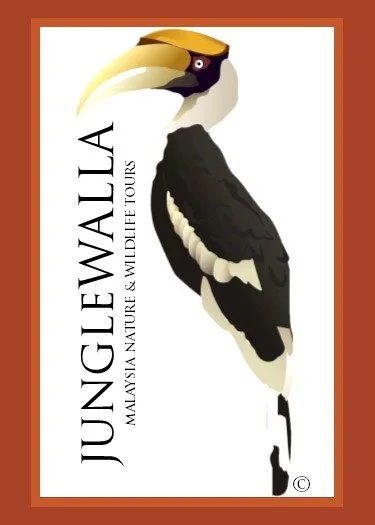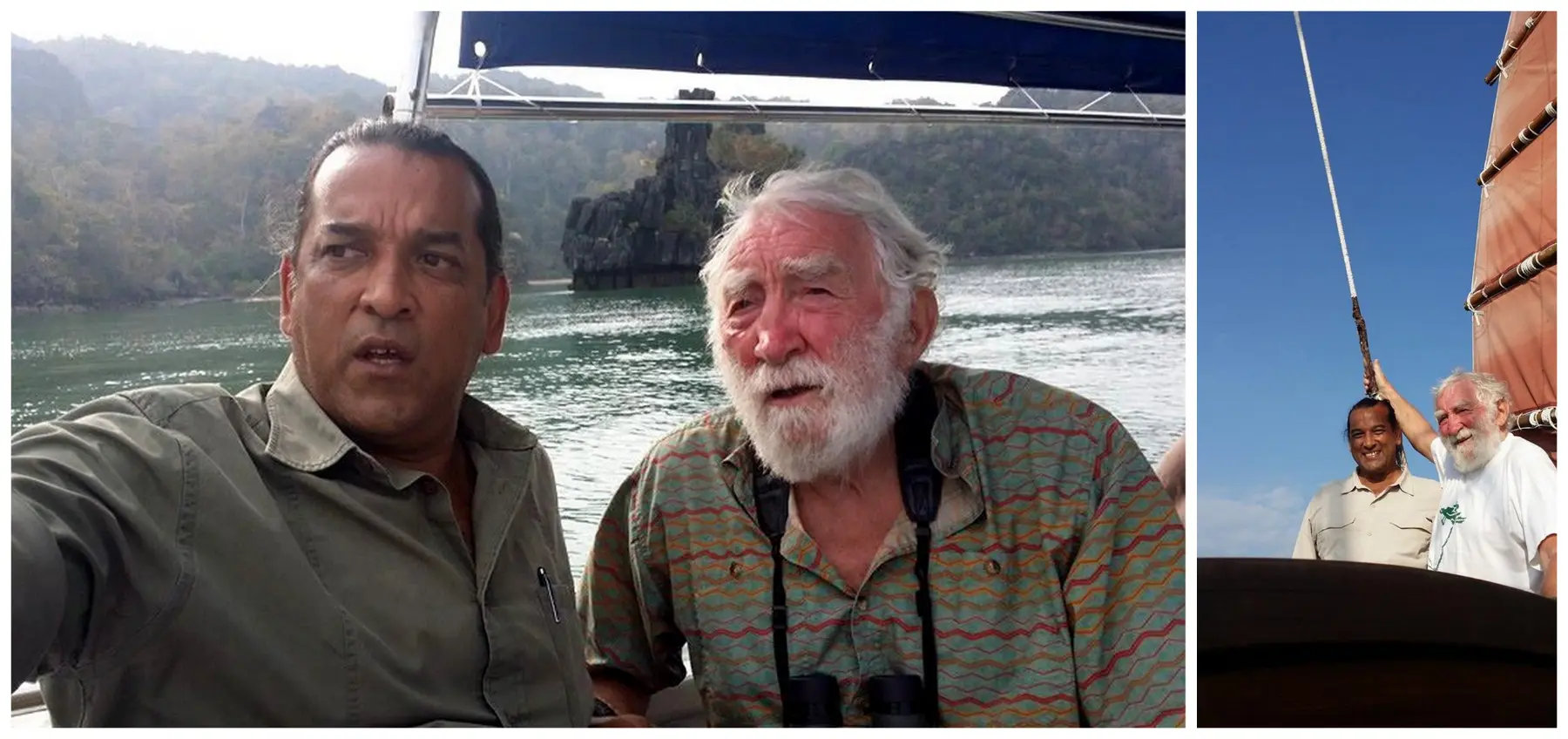Conservation as a Calling in the Langkawi Rainforest
The journey of a naturalist often begins with a simple spark of curiosity. For Irshad Mobarak, growing up in Seremban provided the initial contact with the outdoors, further fueled by the legendary documentaries of David Attenborough and David Bellamy. While a brief detour into the banking sector served as a stark contrast to his true passions, it was a transformative visit to Tioman Island that solidified his path toward conservation. Fifteen years ago, Irshad made the pivotal decision to settle in Langkawi, dedicating his life to the preservation of its unique ecosystems.
Operating from a "rainforest office" offers a perspective on life that few city dwellers experience. Irshad observes the intricate social structures of the forest during the peak hours of activity between seven and ten in the morning and at sunset. From the arrival of new offspring to the daily routines of the local wildlife, the forest is a thriving neighborhood with its own ongoing narratives.
As a resident naturalist, Irshad focuses on education and dismantling the misconceptions often perpetuated by modern media. By highlighting the logical functions of the ecosystem and fostering empathy for its inhabitants, he bridges the gap between urban life and the natural world. He emphasizes that animals, such as the monogamous and parental hornbills, share relatable traits with humans. This connection is vital for instilling a value for preservation in visitors who may have felt disconnected from nature.
Looking toward the future, Irshad envisions Langkawi as a model for environmental ideals, drawing inspiration from ecotourism leaders like Costa Rica. He advocates for a sensitive approach to development where local experts guide visitors through immersive experiences. As natural habitats shrink globally, the demand for authentic ecological tourism remains high, presenting Malaysia with an opportunity to lead in both environmental respect and sustainable economic growth.
JOIN THE JOURNEY
Experience the passion for nature that earned Irshad Mobarak national recognition through our guided expeditions.
Langkawi Birdwatching (Half-Day):
A perfect introduction to the island's avian diversity with our expert guides.
Book Now: Click here to reserve your spot
Professional Birding Expeditions:
For serious birders looking for comprehensive, multi-day itineraries across Malaysia.
Visit: Bird Malaysia Official Site

